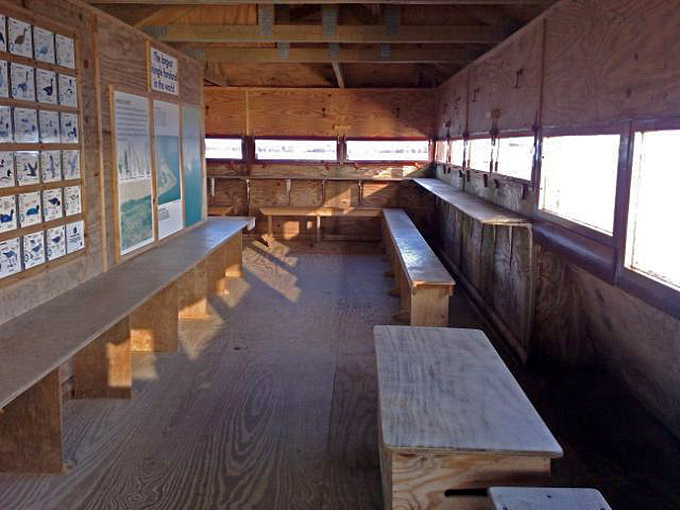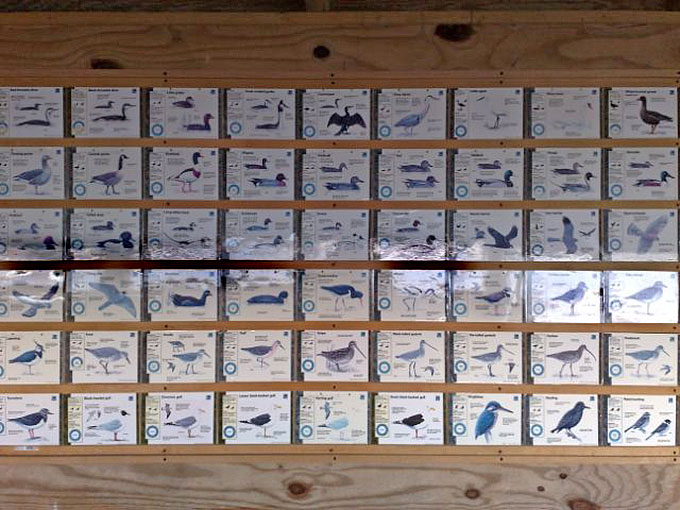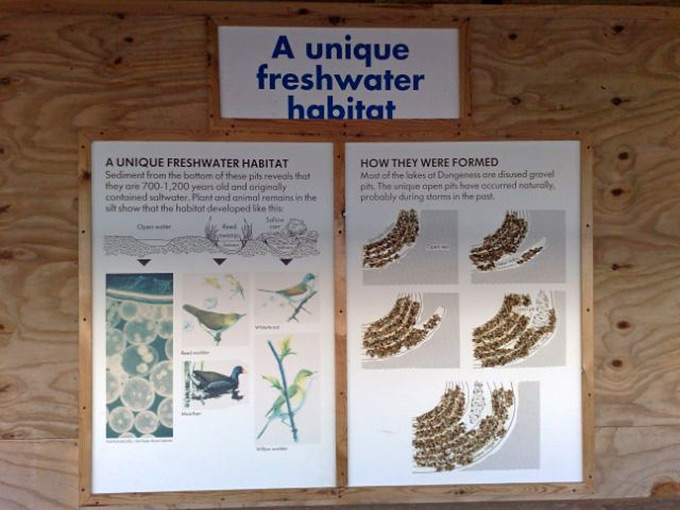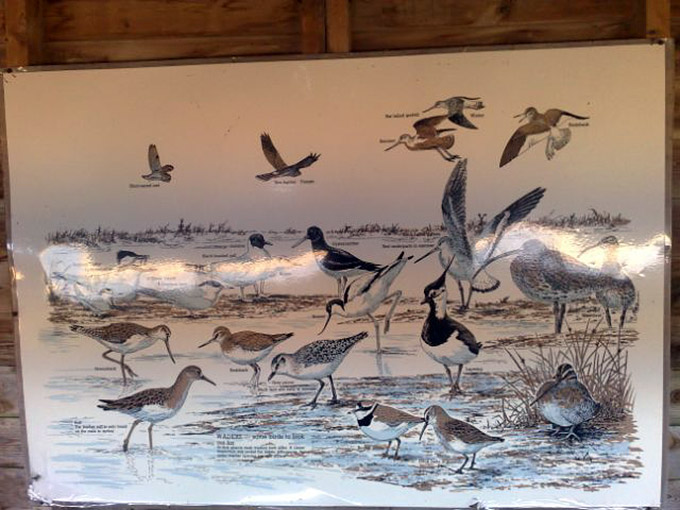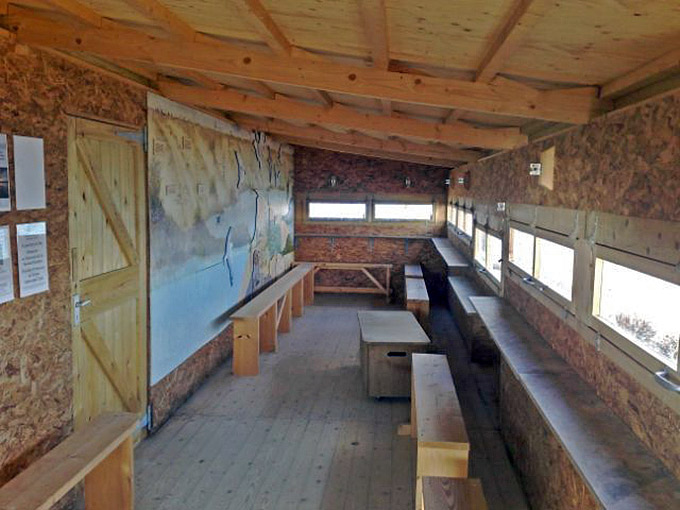Dungeness in Kent is the largest shingle promontory in the world and lies at the extreme south-eastern corner of the UK. The shingle has, for a long time, been of considerable economic value and there are numerous water-filled pits which continue to be created by gravel extraction. These pits are important to breeding, migrating and wintering birds and the shingle habitats support a unique flora and fauna.
This reserve is run by the Royal Society for the Protection of Birds (RSPB) and incorporates several of the disused pits as well as other shingle habitats.
This set of photos shows the layout of the reserve.
Photos 2 and 3 show the car park and visitor centre. This is a reasonably low-level, single storey structure which blends in well with the landscape. Photo 4 shows that, as visitors enter the centre, they are immediately presented with a panoramic view over a large gravel pit. As well as having a classroom, gallery and information the centre also has a shop. Photo 5 shows a range of bird feeders and food for feeding garden birds.
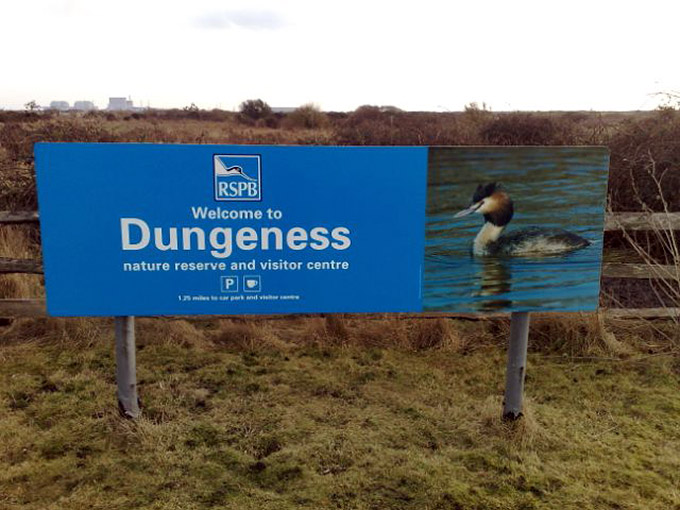
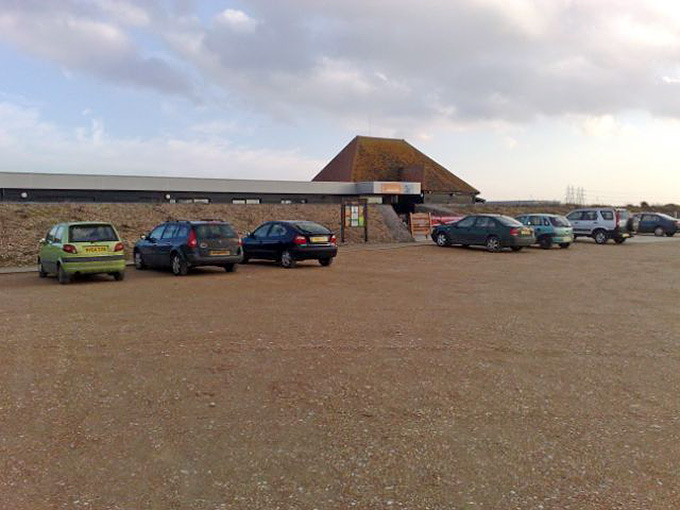
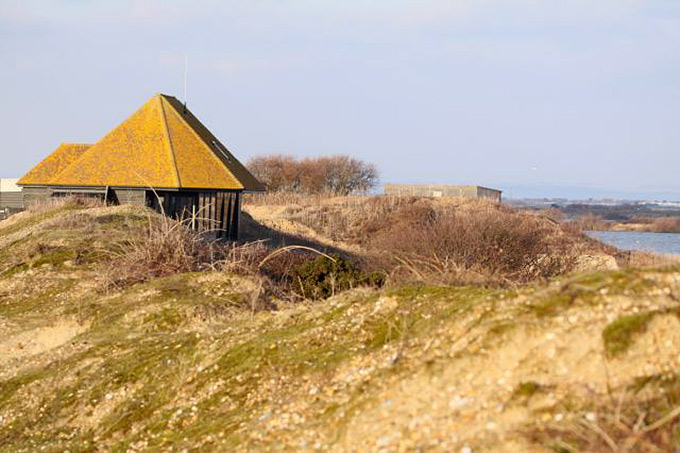
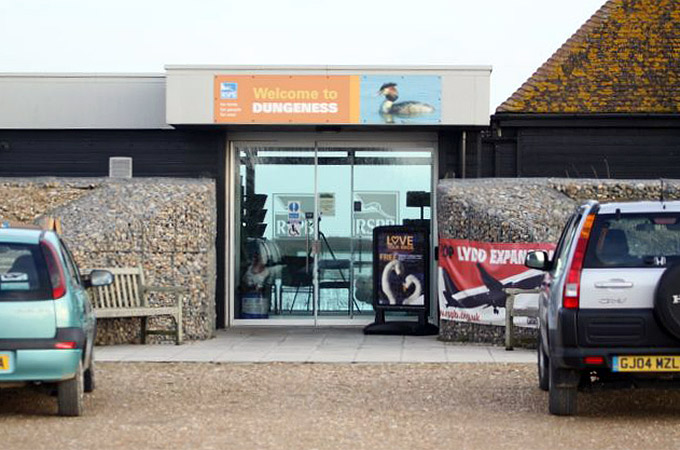

Photos 6 shows one section of the well-marked paths which form a circuit around the reserve. The gravel bund screen visitors from the birds and signs, photo 7, remind people not to climb the banks.
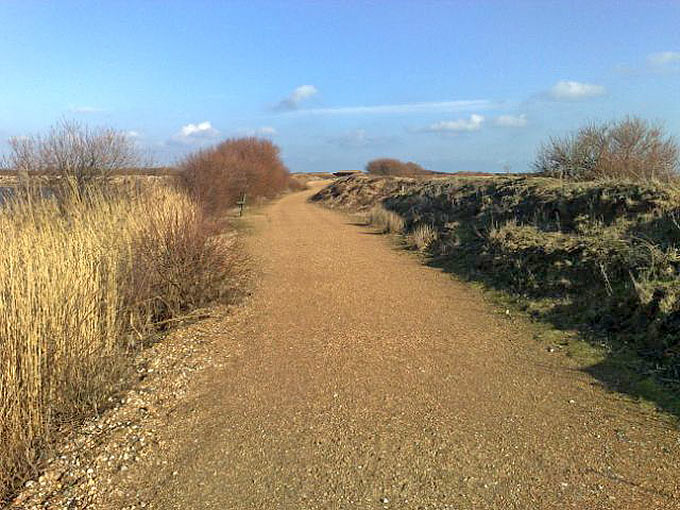

Photo 8 shows the screened approach to one of the frequent well-positioned and comfortable hides while photos 9-11 show the excellent panorama that the same hide provides. In photos 10 and 11 note the man-made islands which are used by breeding and wintering birds.
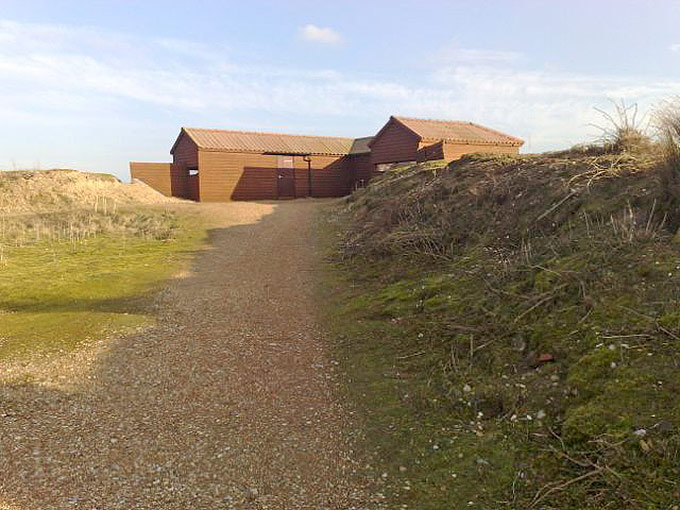
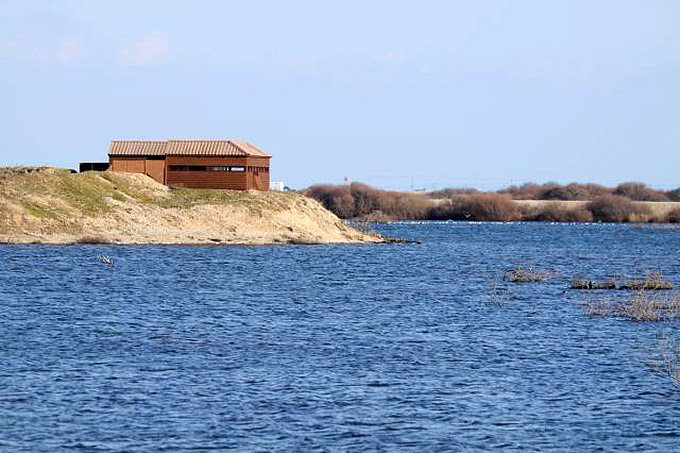
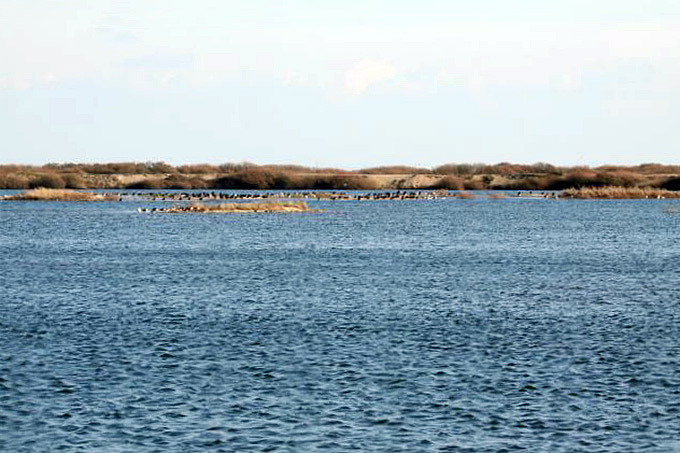
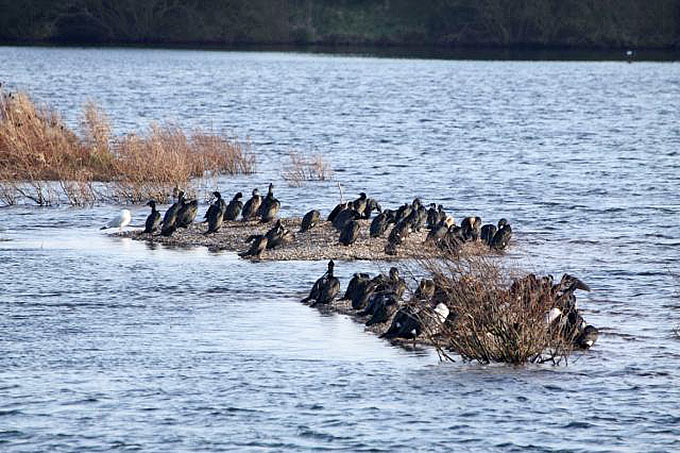
Photo 12 shows the interior of the same hide while Potos 13-16 show various information boards provided within the hides.
